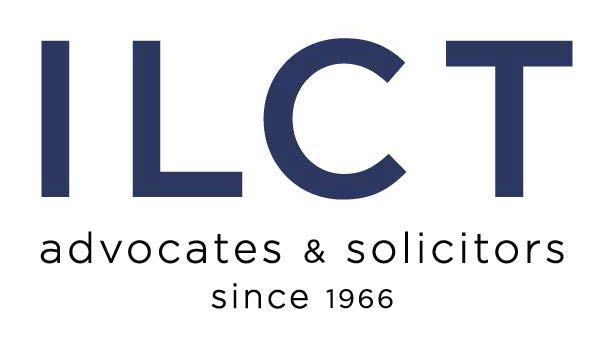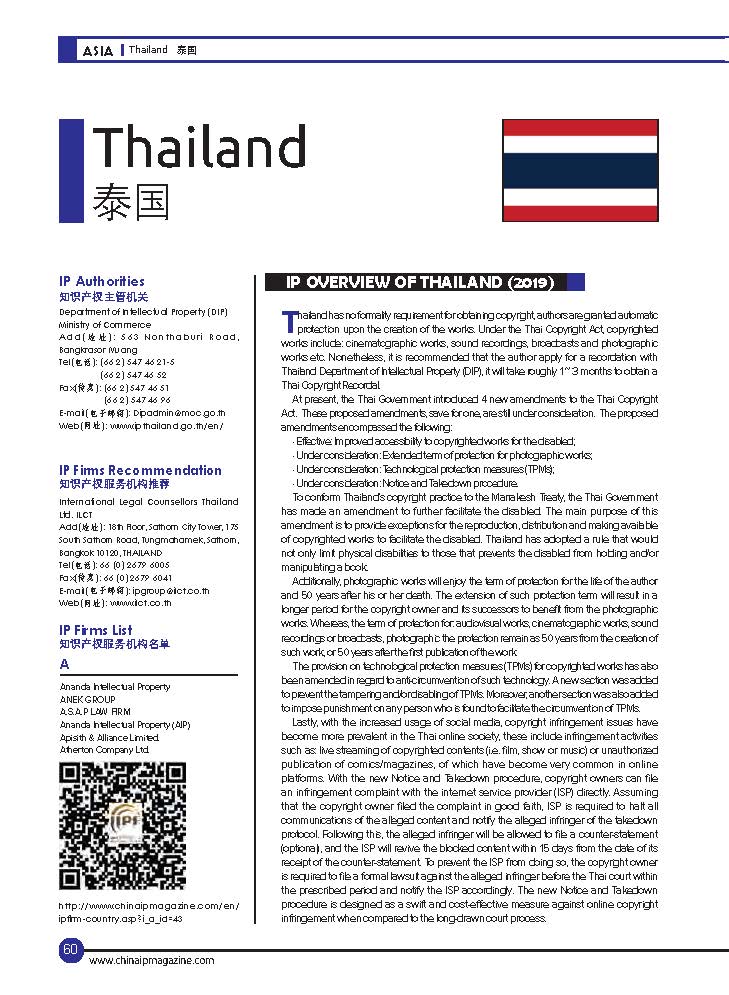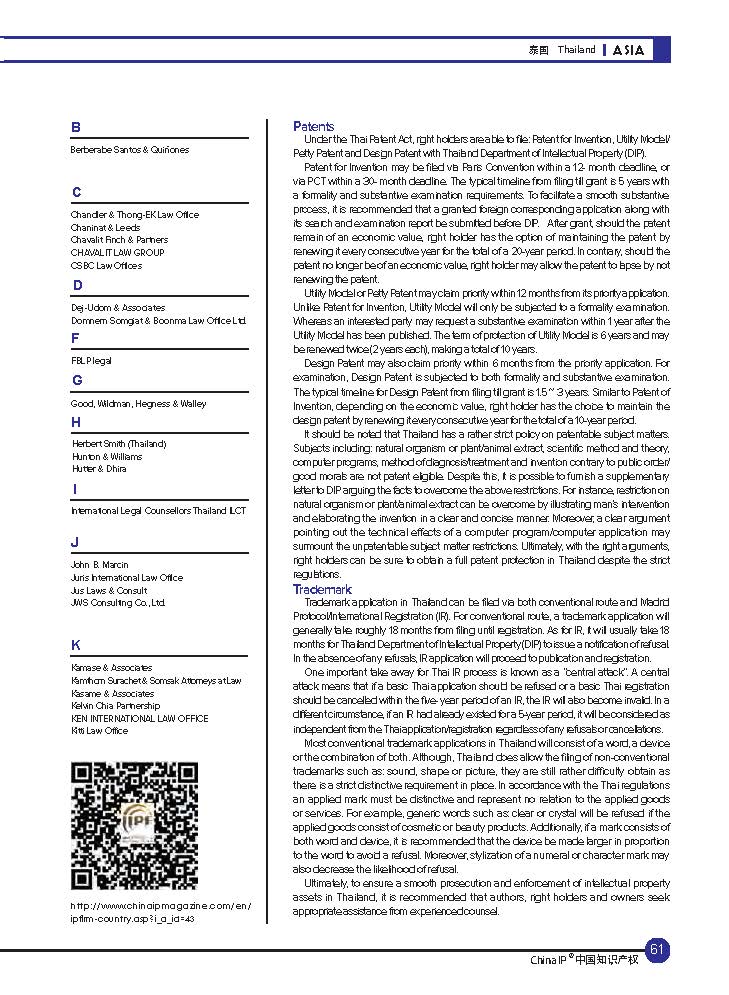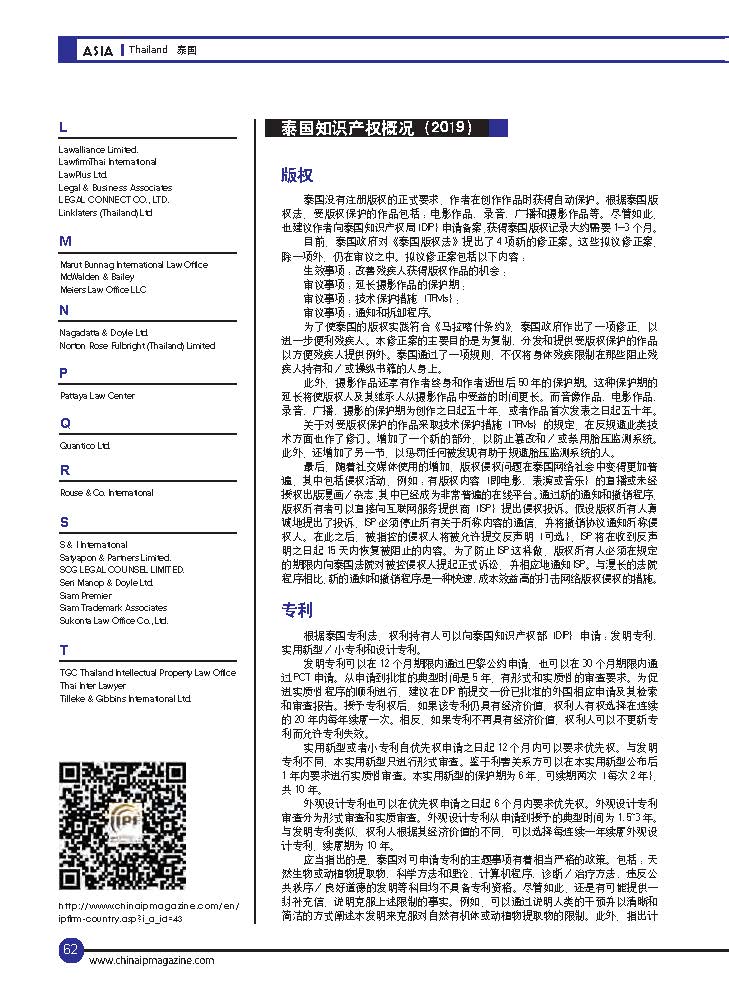Announcement on New Regulations for Offering and Trading of Digital Assets
Announced earlier this month, the Thai Securities and Exchange Commission (“SEC”) has implemented two new regulations regarding the offering and trading of digital assets (i.e. digital tokens). The detail of this announcement is explained below.
1). Restricted Digital Tokens
Digital Asset Exchange shall not offer or trade the following digital tokens:
- Meme token (meme coin) means any digital tokens without any real collateral or value supporting it. The value of a meme coin mostly depends on social media or internet trends. In a sense, meme coin is considered an internet’s joke that is popular and eventually became a meme coin available for trading.
- Fan token means any digital tokens that represent a personal preference toward a specific individual, club, or group. Generally, a fan token awards the owner with exclusive rights to a specific individual, club, or group. This could be in a form of voting rights, VIP experiences, or exclusive merchandise from the said individual, club, or group.
- Non-fungible token (NFT) is a unique digital token that cannot be traded with any other tokens. NFT generally represents an exclusive right to a certain piece of digital art or music (e.g. Beeple or ShadyCon). It can be said that NFT is a new form of collectible, in this case, a “digital collectible”.
- Any digital tokens to be utilized in a blockchain transaction issued by the Digital Asset Exchange itself, or any individuals or entities that may have a connection to the Digital Asset Exchange, include the following:
- Members of the Board of Directors, CEO, or any persons with the authority to manage the business;
- Spouse or any persons that can be considered as being in a relationship with those mentioned in (A);
- Any legal entities that have the authority to manage the business of those mentioned in (A);
- Any head offices, subsidiaries, or affiliates of the Digital Asset Exchange.
2). Special Exemption
Any persons or entities as listed in (4) shall be eligible for a special exemption on offer or trade of a digital token provided that they strictly follow the rules and regulations as set forth within the whitepaper.
This announcement shall take effect from June 11, 2021.
Should you require further assistance, please contact us at: law@ilct.co.th.

















